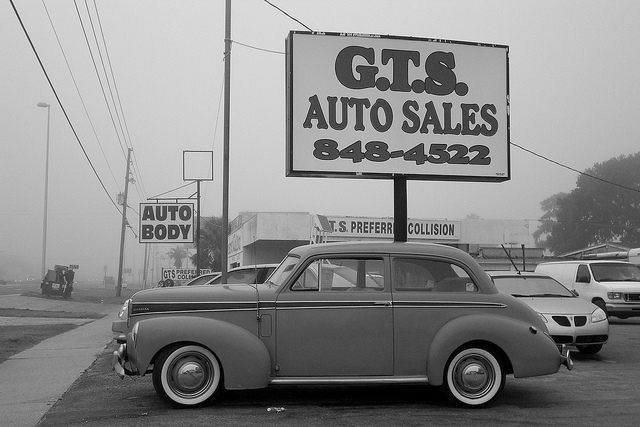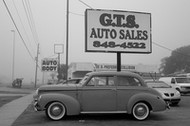Tips to Retain the Value of Your Car or Truck
21st Aug 2015

From the moment you initially drive off the lot in a new car or truck, your vehicles depreciates in value by roughly 11%. So if you spend $21,000 on your new ride, it's now worth $18,690 -- and you can expect this number to depreciate even more as time progresses, with new cars and trucks losing 25% of their value after the first year. The good news is that you can certain steps to retain your vehicle's value while mitigating the affects of depreciation.
Park in the Garage
If you have a garage, use it! Parking your vehicle outside in the driveway will leave it exposed to the elements, including rain, hail, sleet, snow, bird droppings, fallen tree branches, and most importantly sunlight. Over time, the sun's powerful ultraviolet (UV) rays can wreck havoc on a car's paint, causing it fade or even crack. Problems such as these are easily prevented, however, by parking in a covered garage rather than the driveway.
Don't Smoke Inside Your Car
Cigarette smoke can linger for months or even years, as it settles into the upholstery while creating an unpleasant odor. In turn, this may lower the value of a car, simply because non-smoking buyers don't want to smell this odor. If you are a smoker, avoid lighting up inside your car. Aside from the lingering odor it leaves behind, smoking inside a car also increases the risk of burns in the seats and floorboard, further decreasing the car's value.
Change the Oil
It may sound like common sense to most seasoned drivers, but it's still worth mentioning that you should change the oil in your vehicle on a regular basis. Oil is designed to serve a few key purposes, such as wicking heat away from the engine, and lubricating the gears. When it becomes dirty, it's no longer able to perform these tasks, increasing wear and tear on the engine.A good rule of thumb is to change it roughly once every 5,000 miles, although some vehicles can go for 10,000 without needing an oil change. Refer to your owner's manual for more information on when to change the oil and what type of oil to use.
Related Reading: How to Choose the Right Motor Oil
Keep Maintenance Records
I think we've all been guilty of tossing receipts in the trash. Besides, how often do you really need old receipts? When it comes to car maintenance, you'll want to keep any and all forms of documents, receipts included. The next time you get ready to sell your car, you can show potential buyers proof of the vehicle's maintenance, which should result in a higher selling price.
Related Reading: 5 Essential Steps for Car Maintenance

